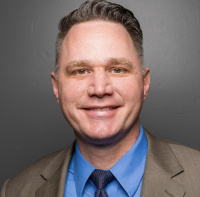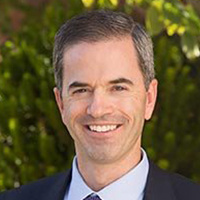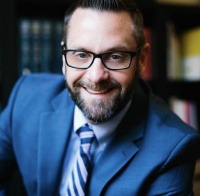Chandler Heights RICO Act Lawyer, Arizona
Sponsored Law Firm
-
 x
x

Click For More Info:
-
The Schill Law Group
8700 E VÃa de Ventura #210, Scottsdale, AZ 85258» view mapCriminal Defense, DUI-DWI Criminal Lawyer
Have you been arrested for a crime? Criminal charges can have a negative effect on your reputation and future before you are convicted. Contact The Schill Law Group
480-525-8900
Not enough matches for Chandler Heights RICO Act lawyer.
Below are all Chandler Heights Criminal lawyers.
Craig Raymond
✓ VERIFIEDCraig Raymond, an attorney at My AZ Lawyers, has been practicing law in Arizona Nearly 25 years. Mr. Raymond understands the impact and privilege of h... (more)
Alison C. Briggs
✓ VERIFIEDAlison Briggs is very knowledgeable and efficient. She really cares about her clients needs. No situation is ever too difficult for her to handle. Mis... (more)
Jeremy S. Geigle
✓ VERIFIEDJeremy earned his undergraduate degree from the Marriott School of Management at Brigham Young University in 1998. He then attended Pepperdine Univers... (more)
Ryan McPhie
✓ VERIFIEDGrand Canyon Law Group (formerly McPhie Law) was created to fight for the little guy. We pride ourselves on being the law firm that fights hard and pu... (more)
Kristin Dawn Mcphie
Kristin is a nationally recognized attorney admitted to practice in Arizona, the Navajo Nation, Salt River Pima Maricopa Indian Community, Gila River ... (more)

 John Schill Phoenix, AZ
John Schill Phoenix, AZ AboutJohn Schill
AboutJohn Schill Practice AreasServices
Practice AreasServices











